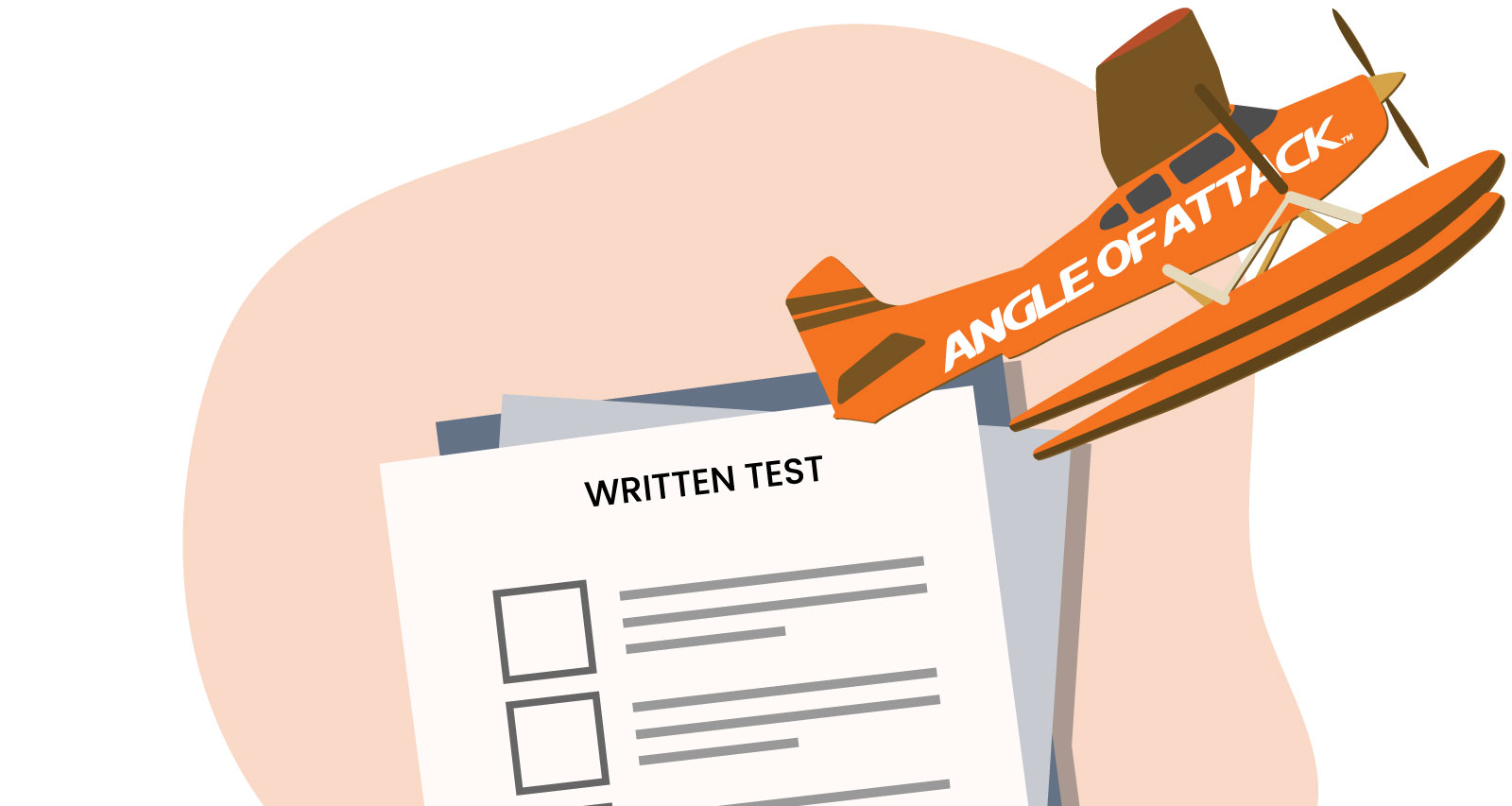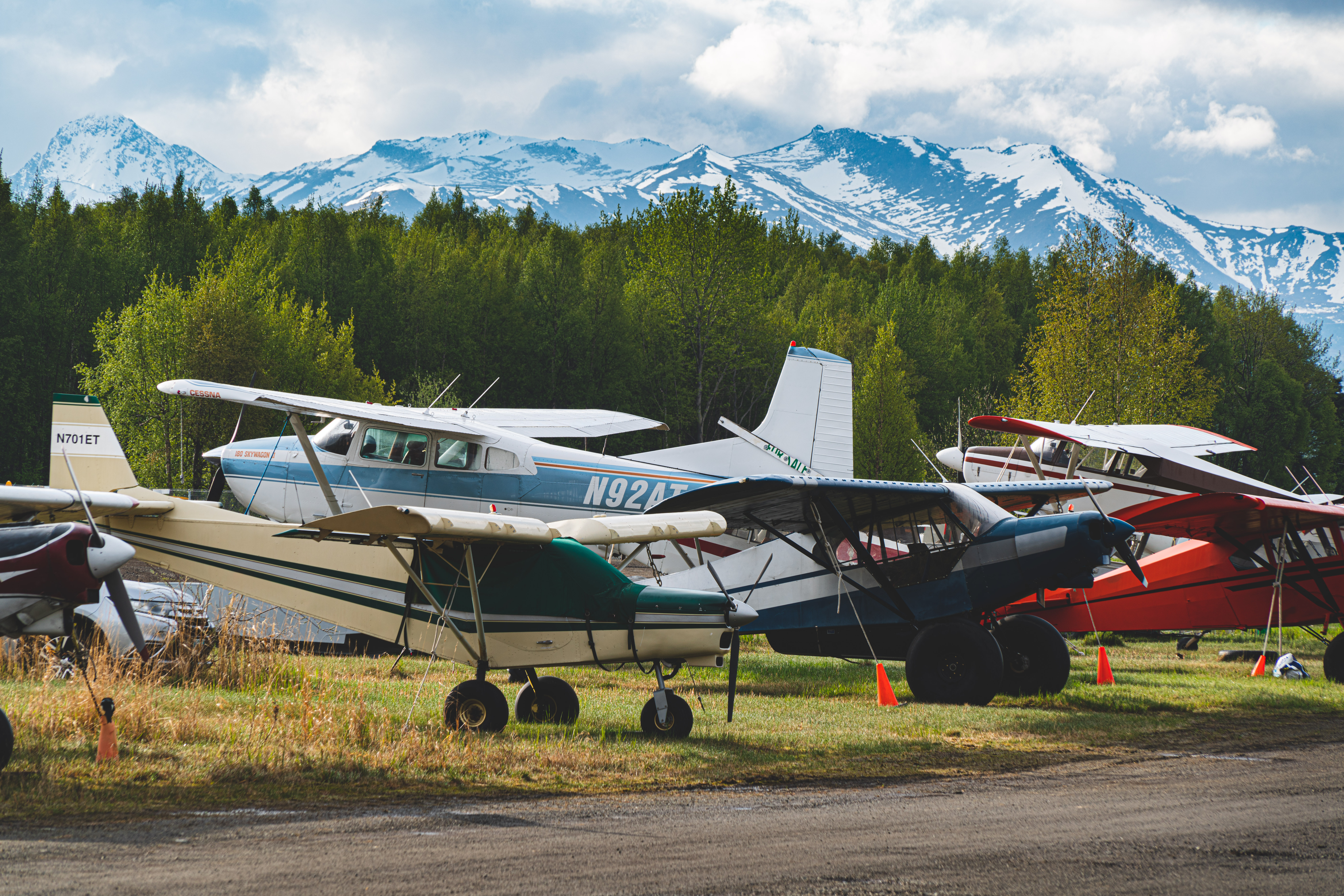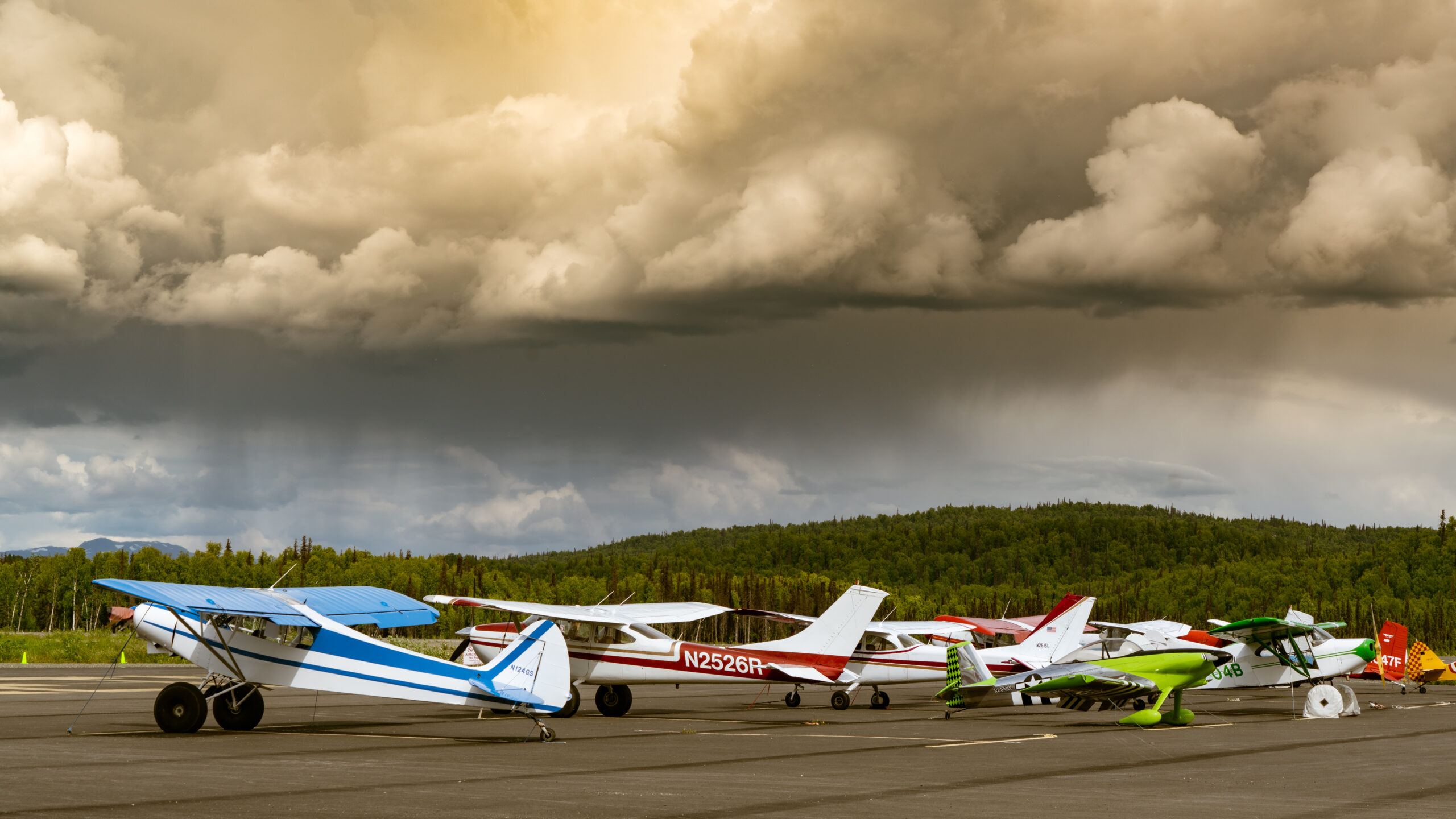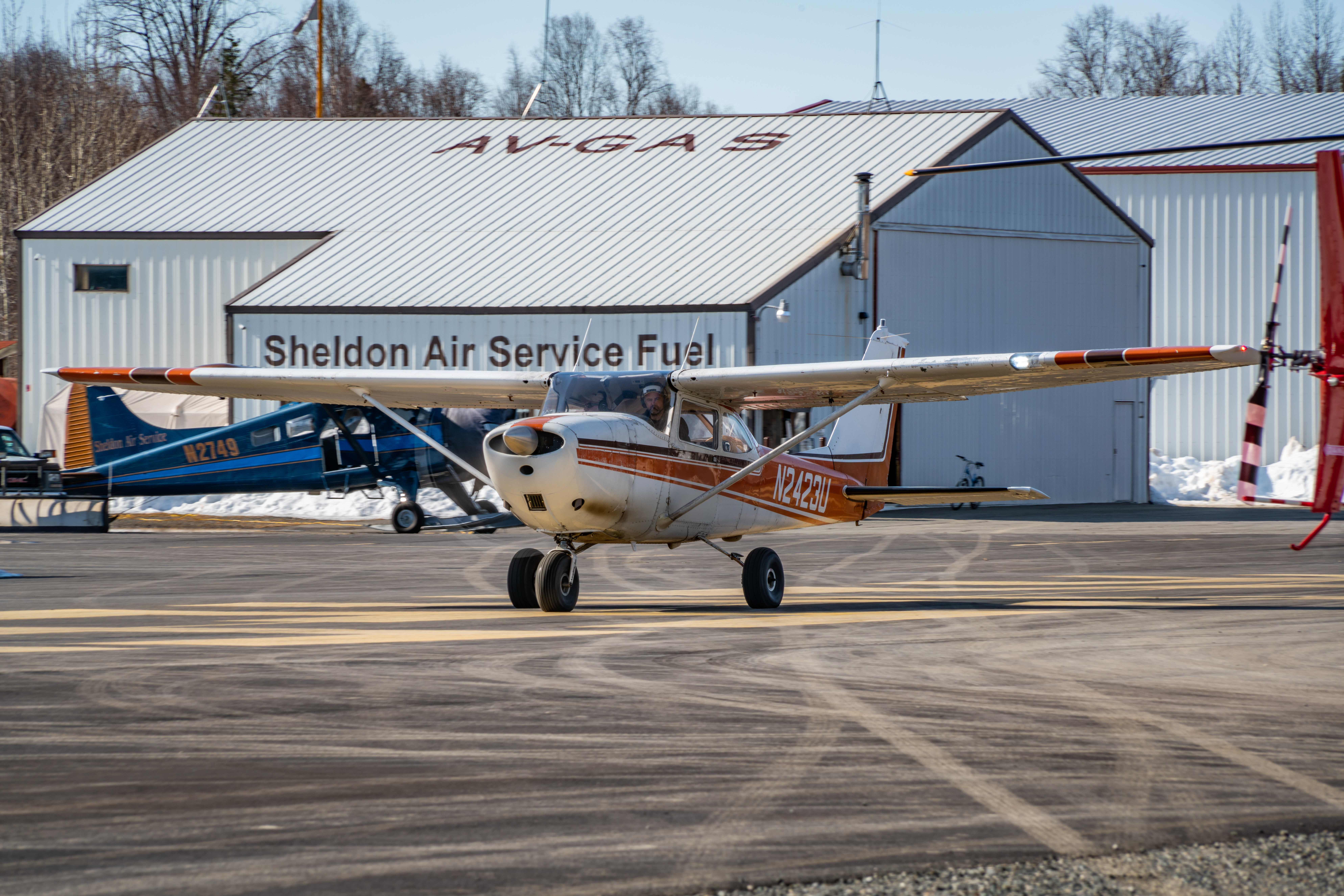
Flying an aircraft is a challenging task, requiring a high level of skill and knowledge. It is no surprise that pilots undergo rigorous training to qualify for the job or their hobby, and their physical and mental health is equally critical to their ability to perform their duties. One of the essential documents that pilots need to possess is the Pilot Medical Certificate. Pilots must meet specific medical requirements to ensure that they are healthy enough to fly safely. In this article, we’ll explore what the pilot medical certificate is, what kind of certificate pilots need, how much it costs, and why it’s so important.
What is the Pilot Medical Certificate?
The pilot medical certificate is a document issued by the Federal Aviation Administration (FAA). It certifies a pilot’s physical and mental fitness to fly an aircraft. It is required for all pilots who fly for compensation or hire. The pilot medical certificate is also required for pilots flying certain types of aircraft, such as those weighing more than 12,500 pounds or capable of carrying more than six passengers.
The medical certificate is issued based on an examination by an FAA-designated Aviation Medical Examiner (AME), who assesses the pilot’s overall health and looks for any conditions that could affect their ability to fly safely. The examination includes a review of the pilot’s medical history and a physical exam. In some cases, additional testing such as an electrocardiogram (EKG) or a pulmonary function test.
The Pilot Medical Certificate is valid for a specific period depending on the class of the certificate, and the pilot must renew it before the expiration date. It is essential to note that the certificate is not a license to fly, but rather a medical clearance to operate an aircraft.
What Kind of Pilot Medical Certificate Do Pilots Need?
There are three classes of pilot medical certificates, each with its own set of requirements:
First-Class Medical Certificate: This is the most stringent type of medical certificate and is required for pilots who fly for airlines or other commercial operators. To obtain a first-class medical certificate, pilots must undergo a comprehensive medical examination. Sometimes that includes an EKG and a vision test. The certificate is valid for six months for pilots under age 40, and one year for pilots over 40.
Second-Class Medical Certificate: This certificate is required for pilots who fly for some commercial operators. These would include corporate flight departments, as well as some private pilots. The requirements for a second-class medical certificate are less strict than for a first-class certificate. It will still include a physical examination, a vision test, and some basic medical testing. The certificate is valid for one year.
Third-Class Medical Certificate: This is the most basic type of medical certificate and is required for most private pilots. The requirements for a third-class certificate are less strict than for a second-class certificate. The third-class medical does include a physical examination and vision test. The certificate is valid for three years for pilots under age 40, and two years for pilots over 40.
The requirements for each class of medical certificate vary slightly, with the first-class certificate having the most stringent requirements. There is one more way to obtain your pilot medical certificate. If you meet all the requirements, you may qualify for BasicMed. If you qualify, you are eligible to have your physician sign off on your health and you are required to complete an online course. Many pilots are taking advantage of this fairly new process.
How Much Does a Pilot Medical Certificate Cost?
The cost of a pilot medical certificate varies depending on several factors, such as the type of certificate required, the location of the AME, and the complexity of the medical examination. Generally, the cost ranges from $75 to $200. Pilots should also be aware that some medical conditions may require additional testing or evaluation by a specialist. That additional testing can add to the overall cost.
Why is the Pilot Medical Certificate So Important?
The pilot medical certificate is a critical part of ensuring the safety of air travel. By requiring pilots to undergo a medical examination and meet certain standards, the FAA can help ensure that pilots are physically and mentally capable of flying safely. This is particularly important for pilots who fly for airlines or other commercial operators. They are responsible for the safety of dozens or even hundreds of passengers on each flight.
In addition to promoting safety, the pilot medical certificate can also help protect pilots themselves. By detecting and addressing medical issues before they become serious, pilots can avoid accidents or medical emergencies in flight. The certificate can also serve as a valuable record of a pilot’s medical history, which can be helpful in obtaining future medical care.
The pilot medical certificate is an essential part of ensuring safety. There are many rules and levels for each certificate. If you would like to learn more about becoming a pilot, check out the FREE total student pilot course.
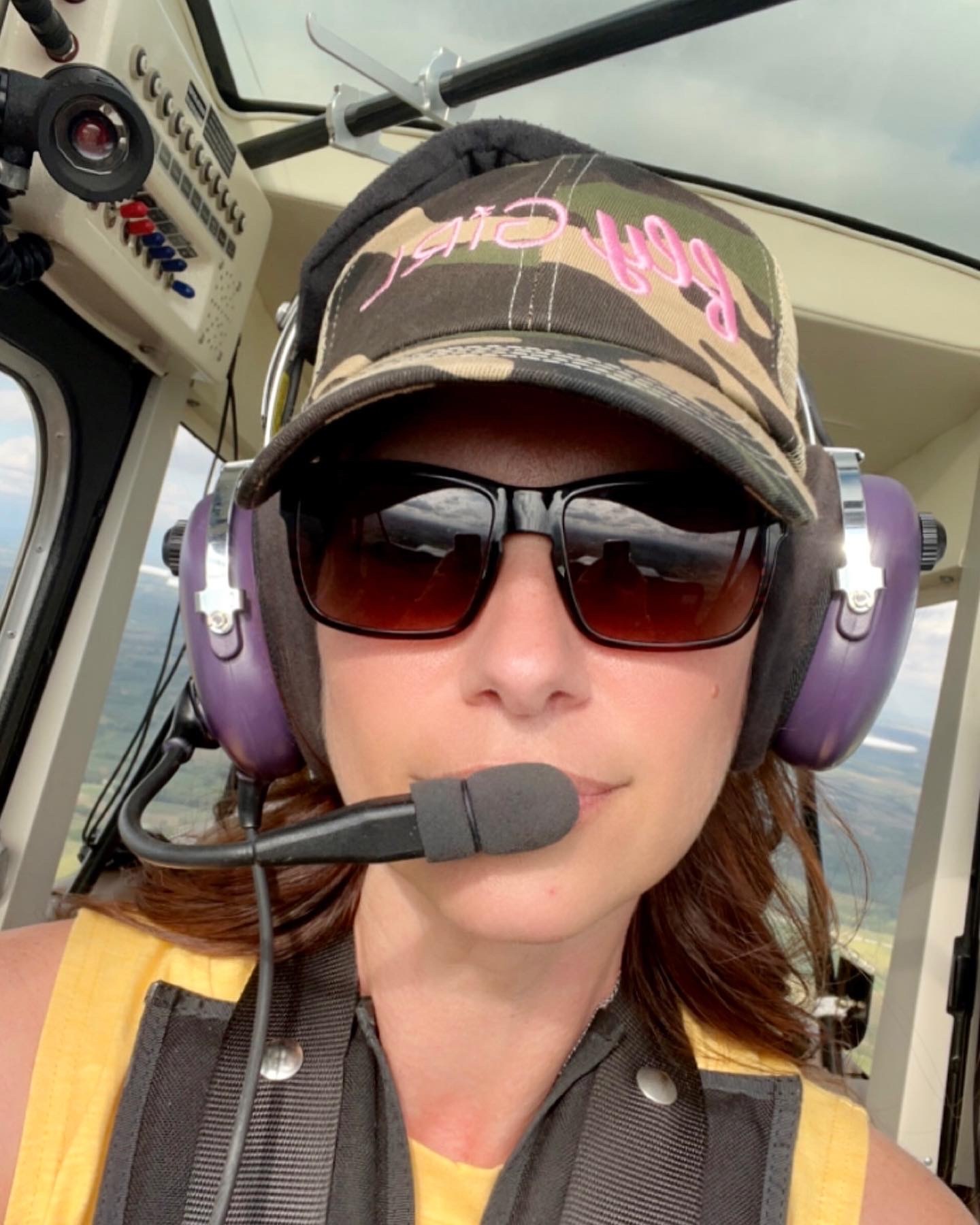
Karey grew up and obtained her in private pilot’s license in Central Iowa. She fell in love with tailwheel aircraft during her primary training and obtained a tailwheel endorsement the week following her private pilot checkride. She is eager to obtain her seaplane rating and is merging her passion for flying with her prior work career. Karey has a background in marketing, editing, and web design after graduating from Simpson College. When she is not flying or working, Karey enjoys anything related to technology and admits she can be a bit of a nerd. She also has discovered a love for virtually all outdoor pursuits, with a special fondness for climbing, shooting, and hiking.

Stay Connected
Be the very first to get notified when we publish new flying videos, free lessons, and special offers on our courses.



